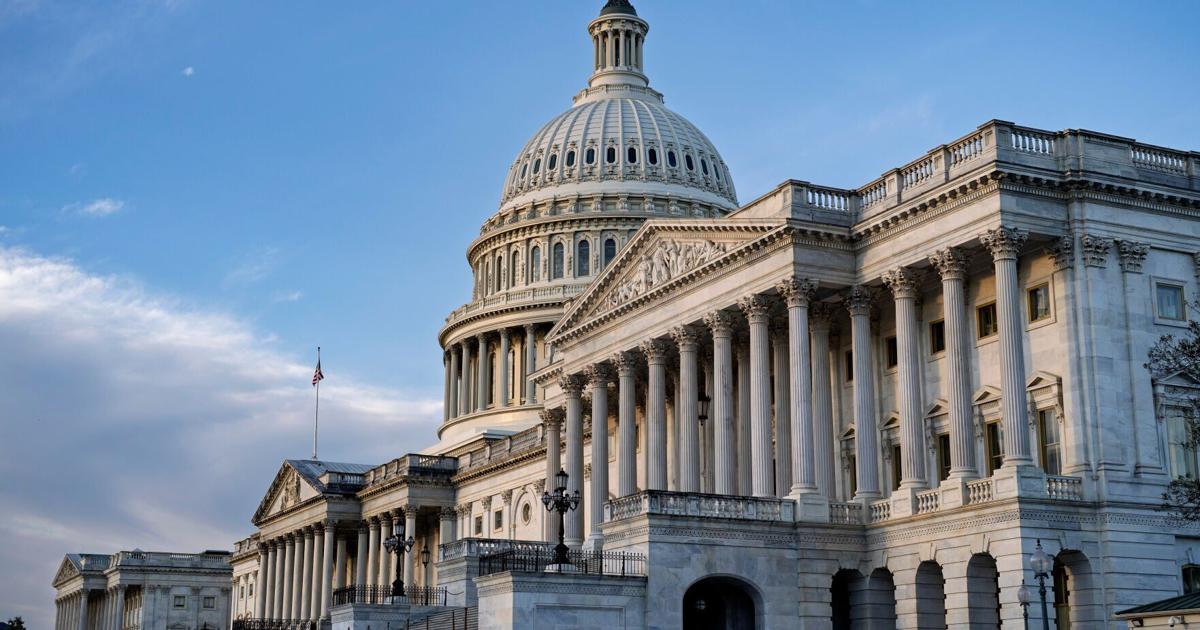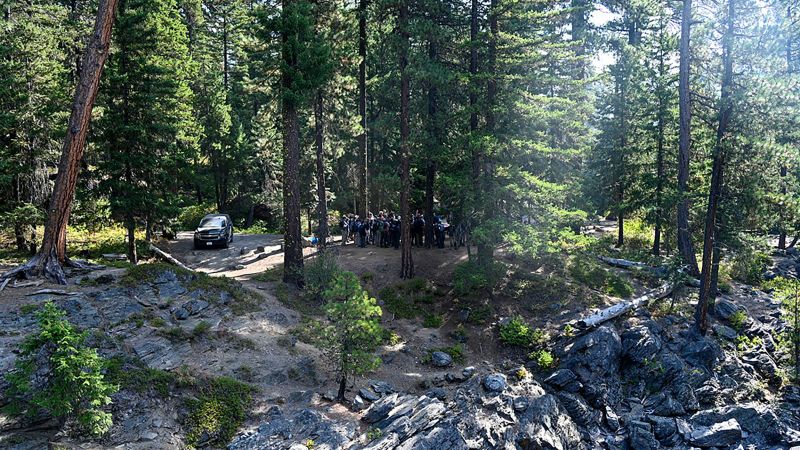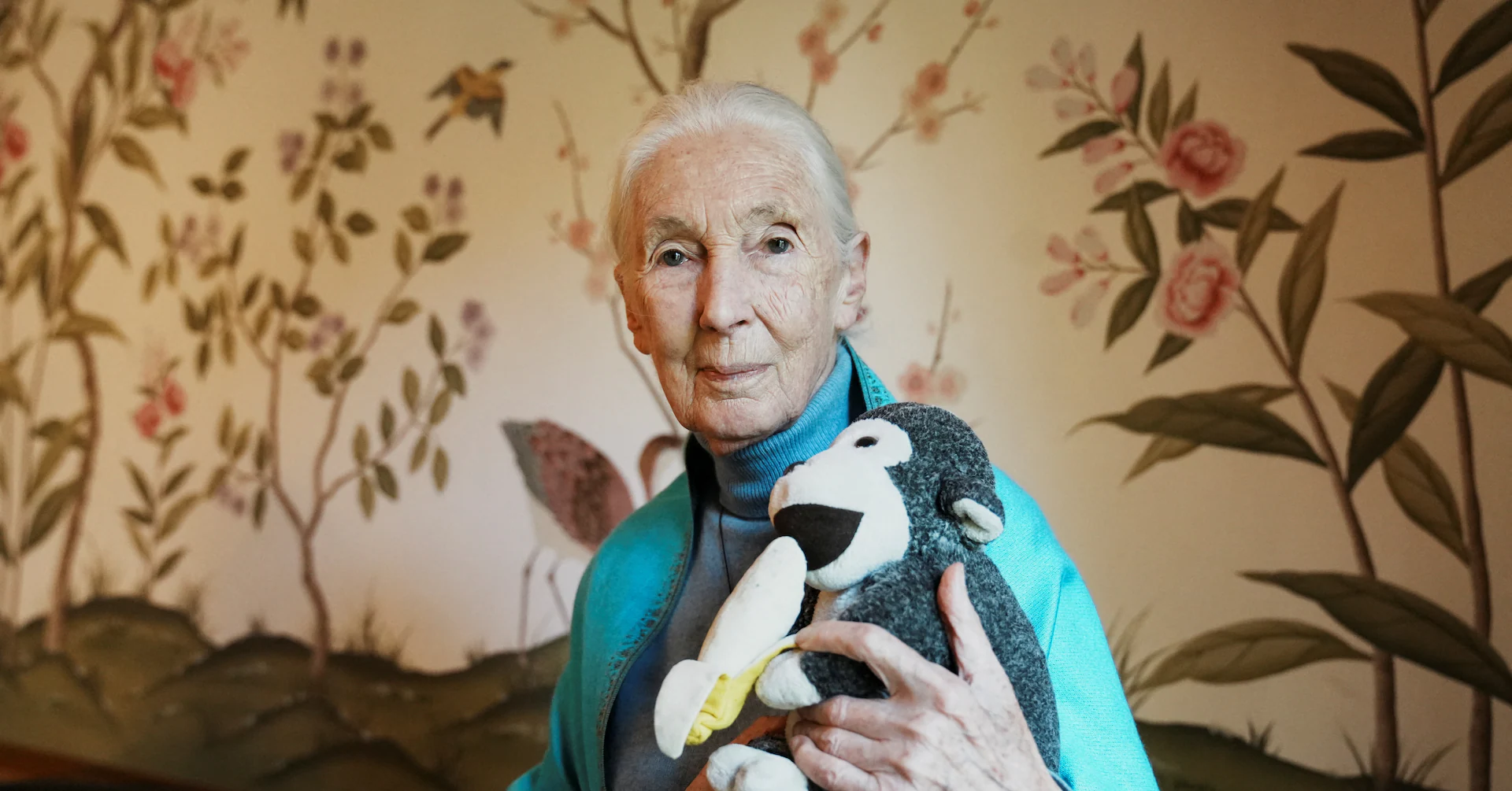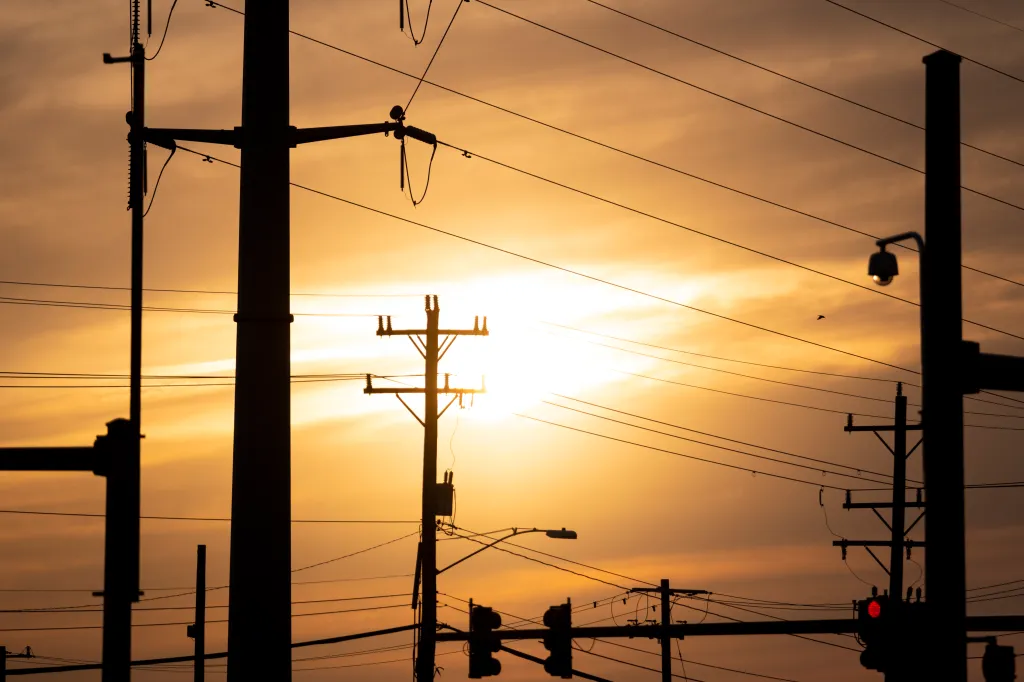
WASHINGTON – Congressional party leaders spent much of Wednesday, the first day of a government0 shutdown, pointing the finger at each other and saying they did not know just how long some government services will remain closed.
Republican House leaders — Speaker Mike Johnson, R-Benton, and Majority Leader Steve Scalise, R-Jefferson — spent much of the day talking to the media. But real action, or lack thereof, was in the Senate. The House last month passed a resolution, on a largely party-line vote, to authorize government spending past the September 30 deadline to November 21.
For the third time Wednesday morning, the Senate rejected the “continuing resolution” on a vote of 55-45. Sixty votes are needed for passage of financial instruments, and Republicans hold only 53 seats in the Senate.
“We need a handful of Democrats to join Republicans to reopen the government and once we do that, then we can talk about the issues that Democrats are raising,” Senate Majority Leader John Thune, R-South Dakota, said before the vote.
Senate Minority Leader Chuck Schumer, D-New York, said the only reason the government shutdown is “because Republicans refuse to negotiate.”
“All Chuck Schumer needs to do is get over the tantrum that he’s having with the results of the election from November, and vote yes to keep the government open,” Scalise said Wednesday.
At issue is the resolution passed by House Republicans last month that authorized government functions at the same level of funding and without any policy changes attached — a so-called “clean continuing resolution.”
GOP leaders point out that, when the other party was in charge, the Democrats vilified Republicans who tried to use the shutdown deadline to press unrelated policy concessions onto a “clean continuing resolution.”
And now, Republicans say, the Democrats are doing the same thing: pressing for policy concessions that could wait until all the mechanisms for proper government functioning are in place. Democrats counter they can’t trust the GOP to negotiate in good faith these days.
Democrats have a long list of healthcare demands, but the one most talked about is extension of Affordable Care Act premium tax credits that low income working people use to purchase health insurance — about 350,000 of whom live in Louisiana. That program expires in December.
Unless the tax credits are extended, out-of-pocket premiums would increase from an average of $888 to $1,904 by 2026.
“We have until the end of the year to fix the ACA credit issue,” Thune said, adding that Senate Republicans, at least, are willing to negotiate the issue after government reopens.
Speaker Mike Johnson, R-Benton, spent much of this first day of the shutdown with a round of appearances with the media.
On the “Moon Griffon Show,” broadcast statewide from Lafayette, Johnson said Trump could use the shutdown to shrink the federal government.
“It does give an opportunity to eliminate bloated, unnecessary federal programs that we would like to vote down, but we never had the votes in the Senate to do. Now we have the moment,” Johnson said.
What a shutdown looked like
Even as the shutdown began, its effects were still being worked out.
Social security benefits are still being paid. Mail is being delivered. The U.S. Courts will remain open at least through Friday, October 17.
But it’s not clear cut.
Veterans Affairs medical facilities are open. But the VA’s regional benefit offices are closed.
Commercial flights are still on, but the lines could get longer as air traffic controllers and Transportation Security Administration employees will be working without pay.
Louisiana schools have enough federal money to operate the entire school year, said Lexi Pritchard, deputy chief of operations in the state education department.
But one exception could be Head Start, the federally funded preschool program for children from low-income families. Most Head Start centers are fully funded for this month, but if the shutdown stretches into next month, that could potentially interrupt their funding, Pritchard said.
Medicaid funding is not dependent on annual appropriations.
“Therefore, coverage for recipients and payments to providers generally continue during a shutdown,” said Louisiana Department of Health spokesperson Emma Herrock.
Those who are eligible for food stamps through the Supplemental Nutrition Assistance Program will receive benefits and Louisiana will continue to administer the program following federal regulations, she said.
The Louisiana National Guard won’t be conducting monthly drills, said Louisiana National Guard spokesperson Lt. Col. Noel Collins.
The Guard “remains ready to respond to state emergencies and all-hazards events” such as hurricanes, she said. But Gov. Jeff Landry’s request to activate a thousand troops for crime patrols hasn’t been mobilized.
Due to the lapse of federal funding, national parks, monuments and museums “will remain closed to the public until further notice,” said Meredith Hardy, a National Parks Service manager at Jean Lafitte National Historical Park and Preserve, which operates multiple sites scattered across south Louisiana in the New Orleans and Lafayette areas, including Chalmette Battlefield, Chalmette National Cemetery, the Barataria Preserve, Wetlands Acadian Cultural Center, Prairie Acadian Cultural Center, the Acadian Cultural Center, and the New Orleans Jazz National Historical Park.



